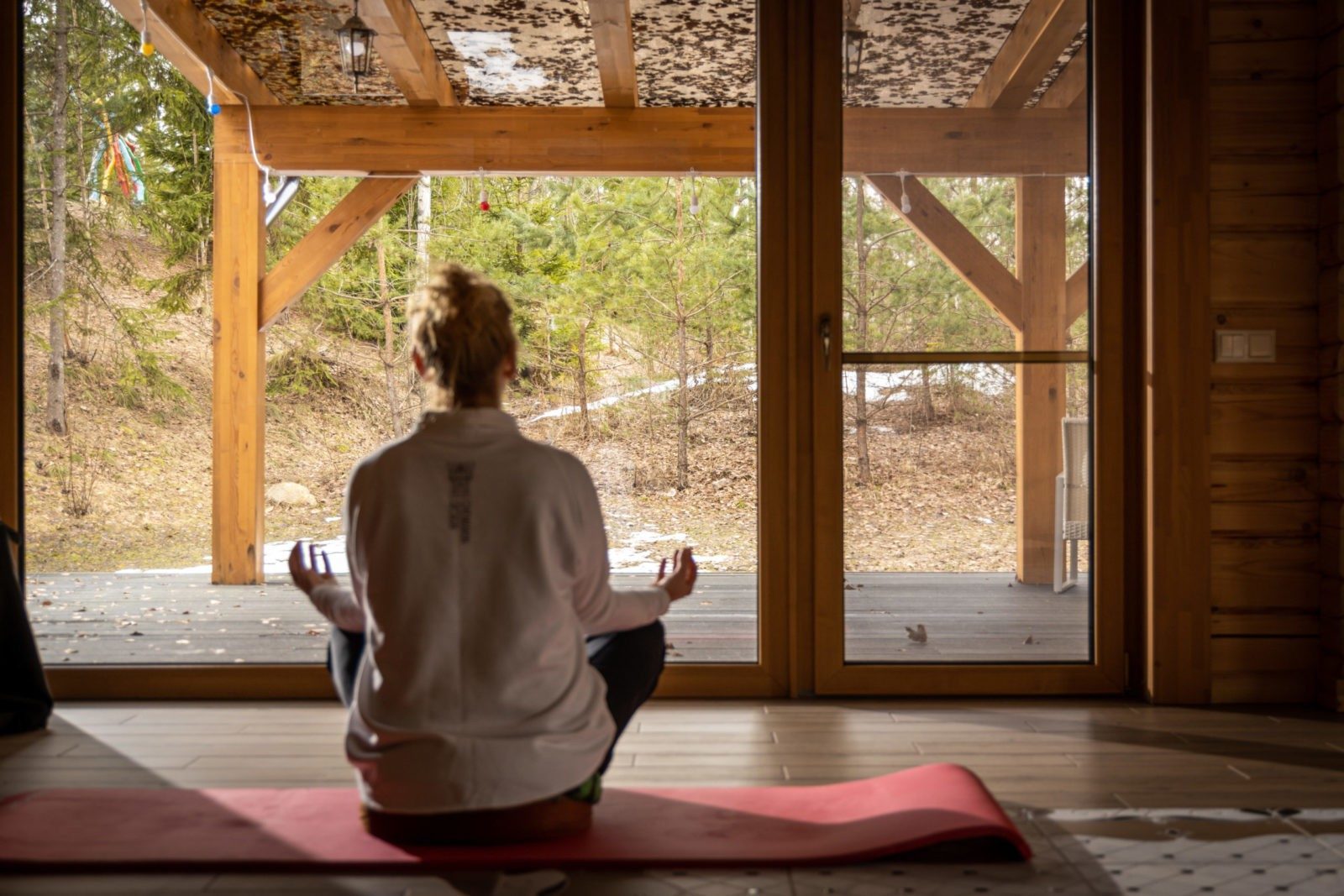
The Importance of Silence for Health
Constant noise surrounds us
Have you ever noticed the constant noise that surrounds you every day, from phones, television, radio, and office equipment to traffic and conversations? These sounds can provide useful information but also create background noise that may cause stress.
Our stress threshold for noise is 60 dB, and higher levels can cause discomfort and anxiety. Even a phone ringtone at 80 dB can exceed our noise perception threshold and increase stress levels due to uncertainty and anxiety.
It is common for people to increase the volume of their TV to 110 dB to create a more realistic impression, which is equivalent to the sound of a jackhammer. Passing airplanes produce a sound of around 80 dB, while passing motorcycles produce about 94 dB of noise. It is worth noting that the noise level of a working vacuum cleaner is around 85 dB.
When the body receives becomes aware of an external noise, it produces hormones such as adrenaline and cortisol, which, when accumulated, can be harmful to health. This slows down the immune system and increases heart rate.
In today’s fast-paced life, the brain is constantly under stress, leading to fatigue and decreased concentration. Even during sleep, people in noisy cities experience stress, as shown by an experiment in which mild 53 dB nighttime noise caused elevated cortisol levels upon waking.
According to the European Environmental Agency, up to 10,000 people in Europe die each year due to stress caused by high noise levels. Therefore, experts advise reducing external noise for better health.
The importance of silence for modern humans
Recent studies have revealed that silence can regenerate cells and help the brain clear out toxins. When the brain is working at full capacity, it needs glucose, which leaves behind harmful “waste” products in the form of toxic proteins. In 2013, Danish scientist Maiken Nedergaard discovered a glymphatic system that works like lymph to remove toxins from the brain. Together with a team of neurobiologists from the University of Rochester, Nedergaard demonstrated how neurons shrink in size and spaces appear between them during sleep. These spaces are filled with cerebrospinal fluid, and glial cells (which are almost as numerous in the brain as neurons) remove toxins from the brain through the spinal fluid.
For a long time, it was believed that this “cleansing” of the human brain only takes place during slow sleep. However, Michelle Le Van Quyen suggests that the same process occurs during moments of rest, specifically during times of complete silence. She recommends taking a few minutes each day for rest and meditation to allow the brain to “take a shower.”
Are we attuned to the sounds of nature that provide us with harmony and genuine relaxation? The sound of birds singing, water splashing, and leaves rustling, for example.
While there is no complete silence in nature, the ambient “quiet noise” of natural sounds has a positive impact on humans. Studies have revealed that listening to forest sounds, for example, causes the human brain to generate extra dopamine. This neurotransmitter is responsible for producing feelings of pleasure, strengthening bonds with others, and also improving cognitive abilities.
Do we hear our own voice, the voice of our inner wisdom?
Our inner world is not exempt from noise either. We carry stress from work, personal relationships, and obligations, and have a constant stream of thoughts in our head. We might find ourselves replaying a meeting from ten minutes ago, recalling a disagreement with our partner from ten days ago, or regretting a financial decision we made ten years ago.
All of this inner noise can be emotionally exhausting and can prevent us from finding good solutions to our life and work tasks, solutions that we will be satisfied with in ten years time.
Conclusions
Silence promotes brain cell regeneration.
A study conducted in 2013 showed that spending two hours in silence per day can promote the formation of new cells in the hippocampus, the part of the brain responsible for learning, memory, and emotions.
Silence promotes creativity.
Even during periods of rest, our brains continue to be active, processing and integrating the information we have received. If this process occurs without distraction from noise and other external stimuli, it activates a mode that is associated with the integration of emotions and memories, the awakening of imagination, and the disclosure of abilities. Therefore, being in a state of silence can enhance our creativity.
Silence reduces stress and tension.
Excessive noise can have a detrimental effect on the human brain, leading to an increase in stress hormone levels. In contrast, silence has a completely different effect.
The absence of sound stimuli is known to alleviate tension in both the brain and body. Based on changes in blood pressure and blood circulation in the brain, scientists have concluded that even two minutes of silence can be more effective in promoting relaxation than listening to music.
Silence replenishes mental resources.
Excessive noise can hinder our ability to work and learn effectively, leading to decreased motivation, attention, and increased errors. Studies have shown that children who live or study near noisy areas, such as roads and railways, tend to score lower in reading and language learning tests than those who live in quieter areas.
Despite the negative effects of noise, the brain has the ability to restore itself during periods of silence. Throughout history, silence has provided people with an opportunity to retreat into the transcendent and the unknown. Conversations and noise, on the other hand, strengthen our connection with the ordinary world, just as written words seems to nail a described object to a page. In Jewish mysticism, the concept of “tsimtsum” represents the presence in absence. It is believed that God withdrew into silence, taking a deep breath, so that humanity could thrive through sound and language.




